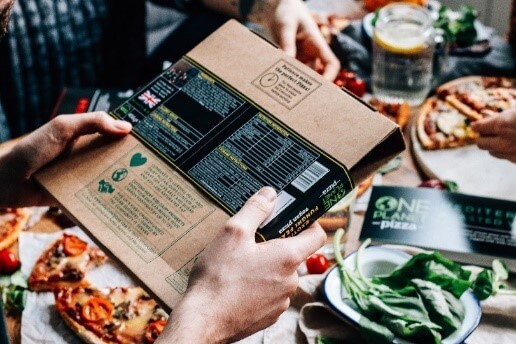Many plant-based food companies acknowledge that their products often cost more than their big industry competition. Their response is to focus on other parts of their proposition that they believe will be most compelling to their shoppers, such as taste or health.
The problem with this approach is that we can’t expect shoppers to ignore the price point.
What we can expect, instead, is that shoppers will weigh the item price against many other benefits and drawbacks to the product, relative to its competition, to create their own personal value equation. This value equation helps shoppers decide whether the item is “worth it”.
What goes into a shopper’s value equation?
First, beyond the price point (relative to the amount in the package), shoppers will certainly consider the product’s functional attributes in their value equation. These may include taste, texture, flavor, quality of ingredients, and health claims.
But be prepared that omnivores and flexitarians are likely to compare these attributes not just to other plant-based products but also to the animal-based competition.
And the animal-based competition has become increasingly crafty in how they persuade shoppers. See this article for more about how shoppers compare products and how to win against Big Meat.

What happens to their value equation when shoppers are less familiar with the plant-based product?
This is a valid concern to be sure. If shoppers have little to no direct experience with a plant-based product, they can only guess at the taste and flavor profile, for example. But this lack of experience can also serve as an advantage in creating value. A newer product’s appeal, in part, may come from its novelty and surprise.
And if shoppers do not have direct experience with a product, they may look for proxies such as word-of-mouth feedback and brand perceptions. Word-of-mouth takes the form of both the reliable friends and family who mentioned the product as well as a wider, less reliable social network community who commented about it.
Brand perceptions typically get built by the image the brand projects in advertising and promotions. At its best, these perceptions are built to include rational benefits (what the product is) as well as emotional benefits (how the product makes me feel). Plant-based products have a right to win on these emotional benefits because of their competitive ethical stand. But the brand’s ethics and values need to be both visible and meaningful for shoppers to factor them into their value equation.
Shoppers will often place more value on the attributes that brands make matter.
So, for example, if a product’s positive impact on animal welfare and the planet are fully integrated into the brand’s story, in a compelling way, across all communications, the shopper is bound to factor those attributes in more heavily than if these show up as simple claims on the packaging.
And finally, there’s the X factor that drives tremendous value for shoppers: convenience.

What is “convenience”?
Convenience is multi-faceted because it includes finding the product, buying it, and using it. Many of the factors related to how convenient it is to find a product may be harder to control such as the retailer’s location, product category assortment, stock replenishment and product placement.
But there are also aspects of convenience that drive value once a shopper has located a plant-based product in the store. These include sampling programs, deals and coupons, a variety of sizes or flavors, ease of preparation, and creative ideas for usage.
Is it “worth it”?
So, with all of these possible value dimensions in mind, imagine that shopper Sarah picks up a package of plant-based shredded cheddar cheese for her family. At $4.59, this seems pricey to her as compared to the dairy cheese equivalent at $1.99 but she does a quick calculus to see if “it’s worth it”. Here is the value equation she comes up with:
Package says it melts well (+), dairy package has good recipe (-), kids prefer taste of dairy (-), friend said it’s good (+) Over twice the price of dairy cheese (-)
This time, it looks like shopper Sarah will put the dairy cheese in her cart.

How could this plant-based cheese brand tip the scales on value next time?
In this case, some brand messaging reassuring Sarah that kids love the taste might help. Or more messaging to give her convenient and creative recipes. Or messaging that tells an authentic story of how the brand is committed to animal welfare as well as the health of people and the planet.
If you are selling vegan or plant-based products, how are you currently communicating value?
How could you create more value for your shoppers?
What will make your products more “worth it” than both your plant-based and animal-based competition?

About Rachel Cook
Rachel Cook is the founder of The Kinder Way. She is a brand strategist, consumer intelligence expert, and data storyteller who brings decades of experience in the corporate sector to accelerate the growth of the vegan and plant-based industry.
LinkedIn profile https://www.linkedin.com/in/thekinderway/





